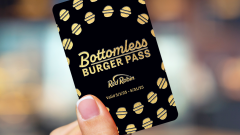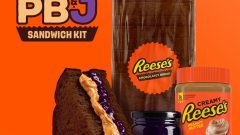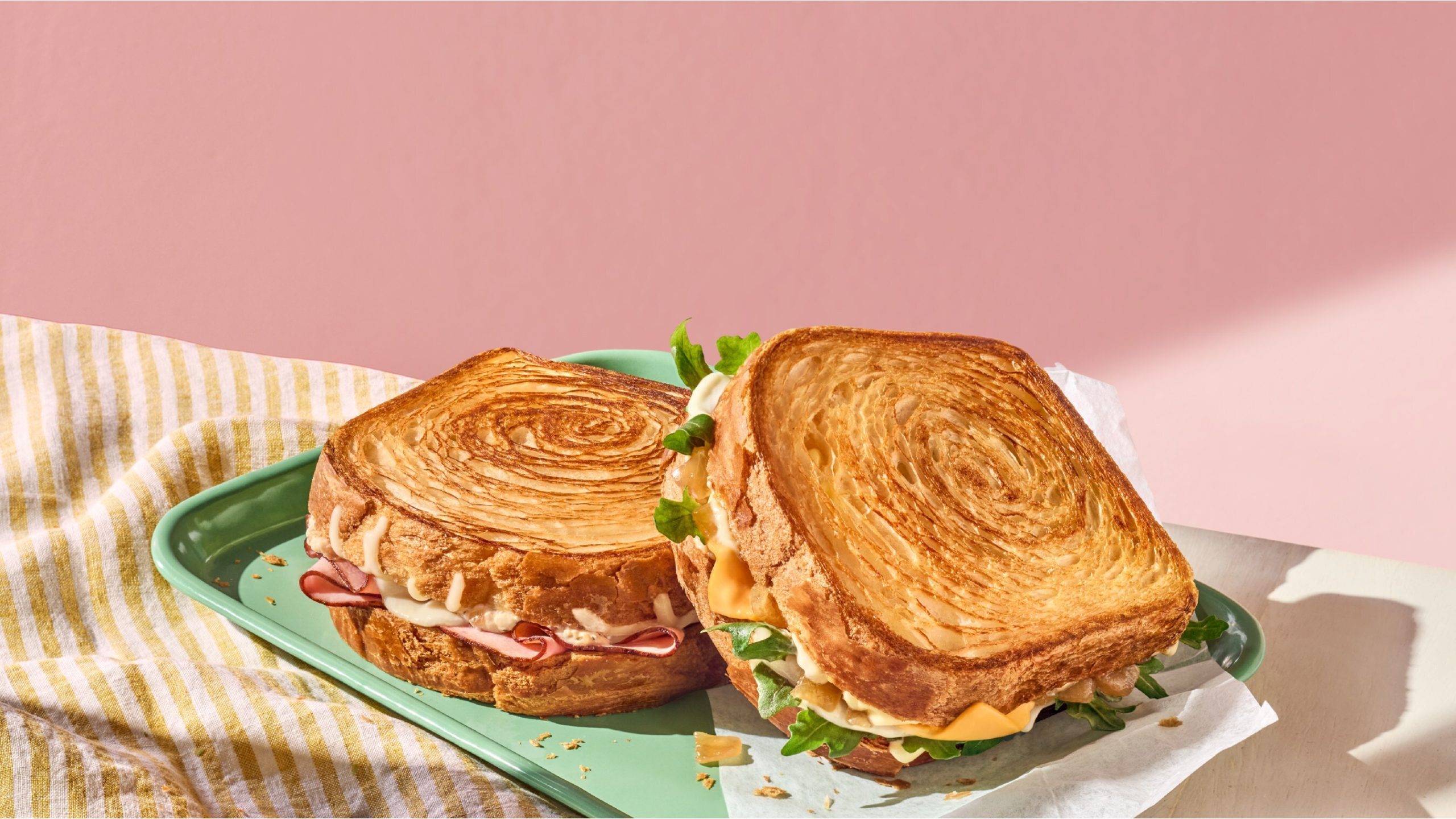Restaurant Industry Hit Harder Now Than After 9/11 and Credit Crisis Combined

“If 9/11 and the credit crisis were wrapped up into one, this would still be worse,” Jonathan Maze, Editor-in-Chief of Restaurant Business Magazine said when asked about how this coronavirus pandemic is affecting the U.S. restaurant industry.
While September 11 and the Great Recession of 2008 were both devastating to the industry in their own ways, restaurants nationwide did not have to face complete shut downs the way they are now.
Even with restaurants being deemed as “essential” and allowed to stay open with several restrictions, having to move to a strictly delivery/take-out/drive-thru model is not ideal for their long term business model.
While on the Foodbeast Katchup podcast, Maze added that at best, restaurants are only getting about 20 percent of their usual revenue, while having to stockpile cash.
As far as restaurants that have closed, while they don’t have to worry about food costs or labor, they still have to think bout insurance costs, rent, loans, and any other fixed costs.
“Nobody is going to get out of this unscathed, unless you’re just doing pizza delivery, or maybe you’re Sonic,” Maze said. “A lot of restaurants are going to lose a lot of sales. Your nice restaurants in New York City, Los Angeles and in Chicago, they’re getting hammered right now.”
Getting hit the hardest are small restaurants, as many have already shuttered, and would only be able to get through this with some sort of bailout.
Maze, who has been extensively covering the effect of coronavirus on restaurants thus far, went on to say that there is a chance that restaurants can survive in the short-term, “but if this thing lasts long, if this lasts like three or four months, then you’re getting into some serious questions.”
Conversations and quotes in this article have been transcribed from the Foodbeast Katchup podcast: “#113: How Coronavirus is Worse Than 9/11 For Restaurants,” out now on Spotify, the Apple Podcasts App, and most major platforms where podcasts are heard.






















